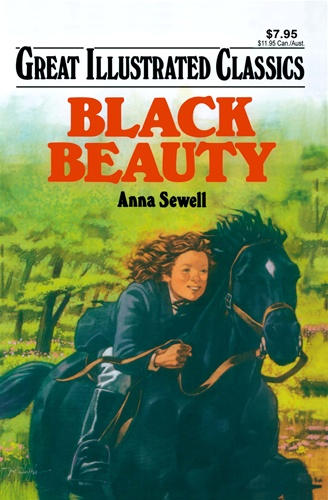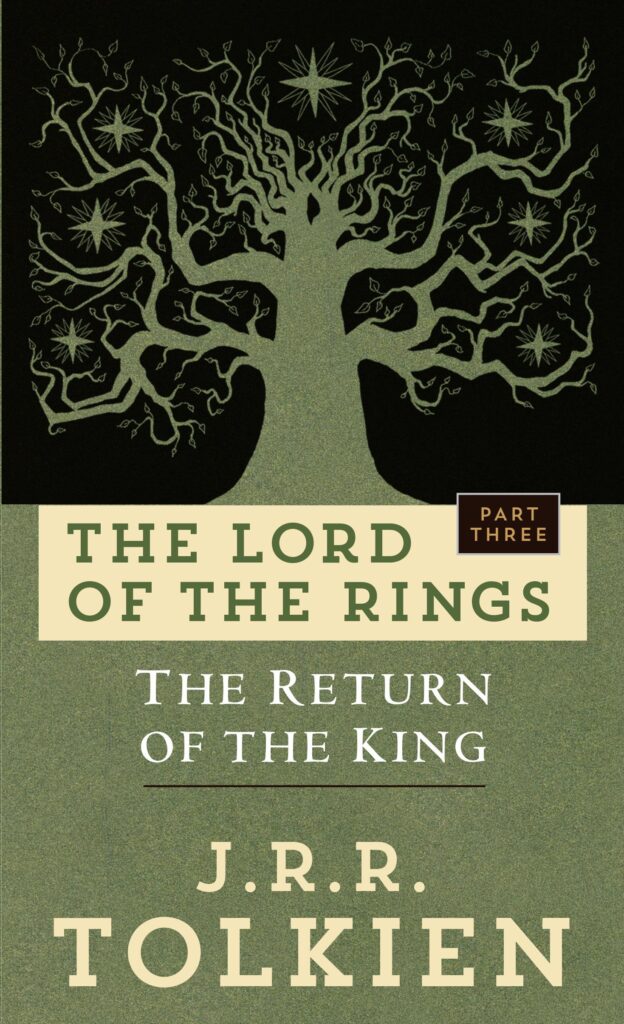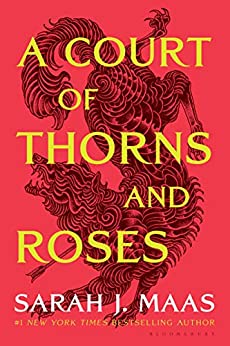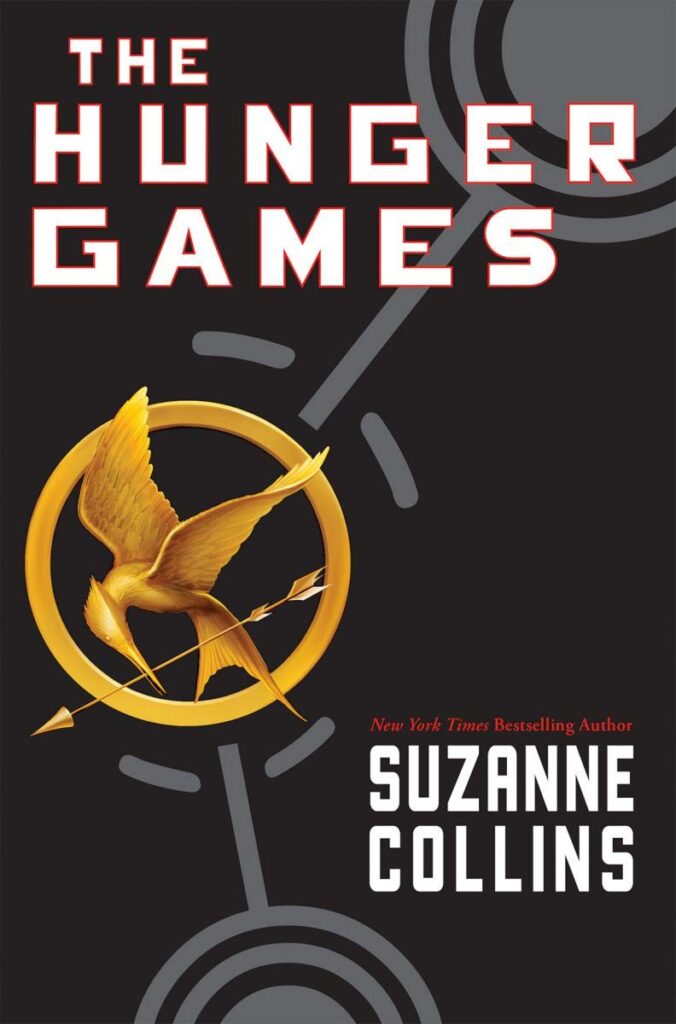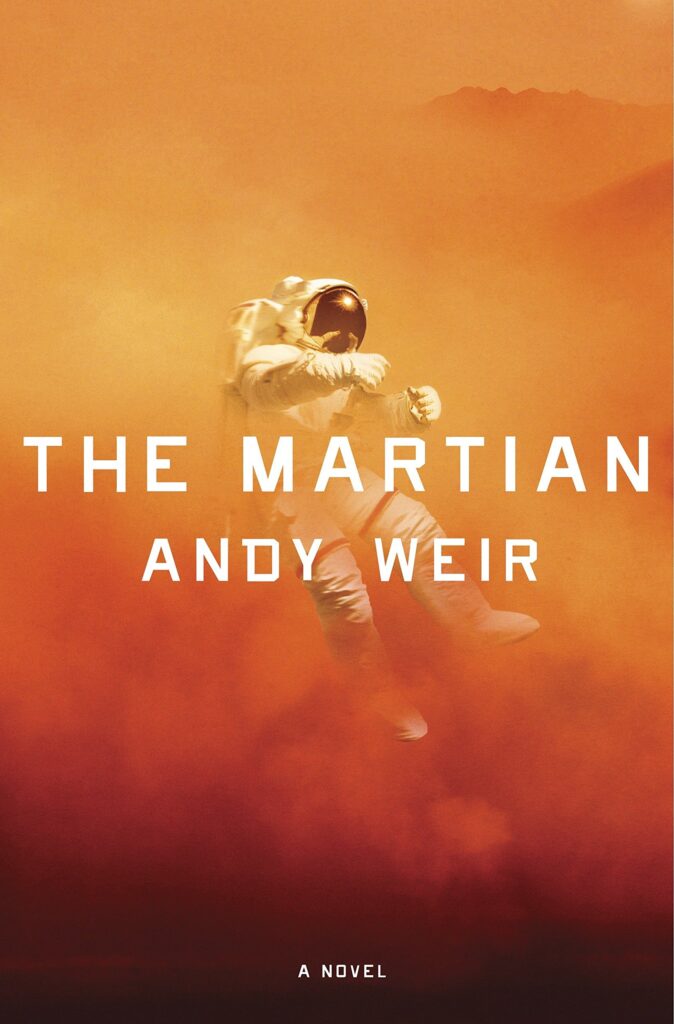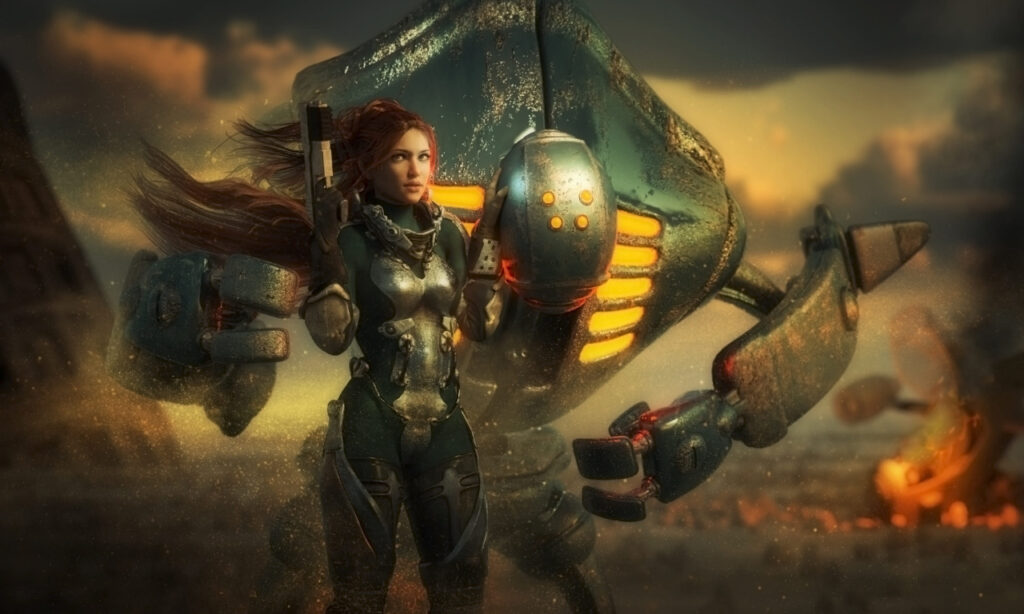
How to Write from Zero to Hero
by JL Nich
Have you ever said out loud ‘this is the best freak’n book’? That writer is a hero. But what did this novel give other books didn’t? How did the writer tap into your emotions (think The Hunger Games with Rue (author Suzanne Collins), or the last time Black Beauty sees his girlfriend Ginger (author Anna Sewell), or when Luke Skywalker shoots the photons into the Death Star, Star Wars: From the Adventures of Luke Skywalker (author George Lucas)? Perhaps the author built the climax to such a high pinnacle you felt each step as you read further (maybe not quite as literally as the Lord of the Rings with Frodo at the Mountain of Doom, but something like that) (author J. R. R. Tolkien)?
There are so many opportunities available to showcase the writing hero you want to be. The secret all writers share is they write words to reflect a funhouse of mirrored images in the eyes of the reader. The reader, however, only selects a single vision of the mirrors to actually read about. This is called inference. What the writer infers can be read by the reader in many ways. And the writing hero is the champion at inferring the clearest picture.
For example, the writer needs to be accurate to reflect using inference with the character’s dialogue. They show the effects that are so magnificent it humbles the reader.
- George RR Martin, A Game of Thrones (A Song of Ice and Fire, #1), this book has magic, mystery, intrigue, romance, and adventure all rolled into one. Two simple quotes, one that breaks your heart and one that speeds your blood in fear.
- “Hodor,” said Hodor.”
- “Winter is coming.”
- J. R. R. Tolkin, The Return of the King, a very dramatic scene when the Black Riders arrive to attack the castle of Rohan. Note the bad vs good is one against one and the tangent of mentioning the horse. Mr. Tolkin made an issue about how still the horse held in the terror of Nazgul. He took the reader out of the fear and inferred this horse stood still in confidence of his rider.
- In rode the Lord of the Nazgûl. A great black shape against the fires beyond, he loomed up, grown to a vast menace of despair. In rode the Lord of the Nazgûl, under the archway that no enemy ever yet had passed, and all fled before his face.
All save one. There waiting, silent and still in the space before the Gate, sat Gandalf upon Shadowfax: Shadowfax who alone among the free horses of the earth endured the terror, unmoving, steadfast as a graven image in Rath Dínen.
- In rode the Lord of the Nazgûl. A great black shape against the fires beyond, he loomed up, grown to a vast menace of despair. In rode the Lord of the Nazgûl, under the archway that no enemy ever yet had passed, and all fled before his face.
- C. S. Lewis, The Chronicles of Narnia. The characters lead the reader through the dialogue of the story as they experience it.
- “Narnia! It’s all in the wardrobe just like I told you!”
- “When I’m older I’ll understand,” said Lucy, ” “I am older and I don’t think I want to understand”, replied Edmund”
- “Do you think I care if Aslan dooms me to death?” said the King. “That would be nothing, nothing at all. Would it not be better to be dead than to have this horrible fear that Aslan has come and is not like the Aslan we have believed in and longed for? It is as if the sun rose one day and were a black sun.”
“I know,” said Jewel. “Or as if you drank water and it were dry water. You are in the right, Sire. This is the end of all things. Let us go and give ourselves up.”
“There is no need for both of us to go.”
“If ever we loved one another, let me go with you now,” said the Unicorn. “If you are dead and if Aslan is not Aslan, what life is left for me?”
A writing hero also uses inference to lead the reader exactly where they want them to. And while the struggle to create can be harsh and unyielding, the author takes the time to understand the protagonist of their novel and then is fearless when writing.
- Sarah J Maas has an incredible world-building series starting with A Court of Thorns and Roses where characters leap off the pages into your mind and heart. The passion and events always seem to infer massive moments for the reader to absorb. Here are two such dialogue examples.
- “I threw myself into that fire, threw myself into it, into him, and let myself burn.”
- “Well, goodbye for now,” he said, rolling his neck as if we hadn’t been talking about anything important at all. He bowed at the waist, those wings vanishing entirely, and had begun to fade into the nearest shadow when he went rigid. His eyes locked on mine wide and wild, and his nostrils flared. Shock—pure shock flashed across his features at whatever he saw on my face, and he stumbled back a step. Actually stumbled. “What is—” I began. He disappeared—simply disappeared, not a shadow insight—into the crisp air.”
Sometimes the inference is the unknown backstory of the protagonist of a story. This is the main character, the central focus, possibly the POV, and they are usually following an arc to get from one point to another. The character arc is the inner journey transformation where the MC begins as a specific type of character and changes into another or the MC battles between a believed lie and finding the truth. Note there is more than one type of character arc, but for this purpose, the writer’s hero successfully writes the character, so the reader is captured by relating to him/her. Such as Harry Potter, who changes or transforms from the internal ‘I’m nobody’ to being ‘I’m somebody’, even as his external life of living a lie as a misfit muggle child, to living the truth of being a powerful wizard. (Harry Potter and the Sorcerer’s Stone, author J K Rowling). Everyone wants to be him and discover magical skills.
Or the writer’s hero develops the story to immerse the reader into the emotions of the character(s). This was done particularly well through the character Katniss Everdeen, of The Hunger Games by Suzanne Collins. Katniss transforms internally very little throughout her external adversities and challenges of participating in the killing of the Hunger Games. This is called a flat arc. In truth, she is constantly struggling to remain herself and be someone that does not live a life of lies by complying to the reality of her world, changing little herself but forcing the world around her to change. Other examples of a flat arc might include Raiders of the Lost Ark. Indiana Jones doesn’t change who he is throughout the story, but he gets the girl and finds the treasure keeping his high moral compass.
We definitely need to look at the example of a writer hero who layered the flaws of the MC into the storyline to get readers to immerse and relate, all the while enjoying the powerful theme of natural selection vs man. Dr. Alan Grant develops from a guy who internally cannot really relate to children until he is forced, externally, to associate, protect, and survive, with two children in a horrible (exceptional) dinosaur attack. He was believing the lie and found the truth. (Jurassic Park by Michael Crichton)
Finally, there should be two key thoughts circling in a writer hero’s head while they create their novels for their target audience, the reader:
- Am I solving the problem of my Hero’s Journey? Have I taken the time to explore the unique aspects of the plot through the protagonist’s internal and external development and actions? Will my reader relate to my MC?
- In The Hunger Games by author Suzanne Collins, where Katniss Everdeen (the protagonist) must maintain her sense of identity and integrity as she is bombarded by change while participating in a horrific time-honored practice of the Hunger Games.
-
- The Martian by Andy Weir takes us along Mark Watney’s stranded state on Mars and his need to figure out how to survive long enough to be picked back up, while keeping sane, healthy, and safe, not letting Mars get the better of him.
-
- Enders Game by Orson Scott Card gives us Andrew “Ender” Wiggin, who through many trials becomes the commander of humanity’s war forces fighting against the Formics, or “Buggers.” He transitions from a scared kid to a formidable commander who unknowingly wipes out an entire species in war.
- Ready Player One by Ernest Cline is a dystopia 2045 where Wade Watts on his search for a virtual Easter egg in a worldwide virtual reality game, the discovery of which would lead him to inherit the game creator’s fortune.
- Jurassic Park by Michael Crichton walks us through Dr. Alan Grants internal perspective of children and how he is not that type of guy to be a father and yet externally he goes out of his way to save the children from the hunting dinosaurs over and over, and finds in the end, kids aren’t so bad.
- And second, do the words used provide the immersion to the reader in the story?
- A repeated statement in The Hunger Games makes the games seem like a celebration and there is a chance to win. But nobody actually wins when children are killed.
- “Happy Hunger Games! And may the odds be ever in your favor.”
― Suzanne Collins, The Hunger Games - The short story of a conversation between Peeta and his father that he shared with Katniss and Peeta takes the reader deeper into the building love story.
- “No, true story. And I said, ‘A coal miner? Why did she want a coal miner if she could’ve had you?’ And he said, ‘Because when he sings…even the birds stop to listen.”
― Suzanne Collins, The Hunger Games - Katniss shares a small self-realization of herself that most readers would find adorable, but she admits it as if in her world it’s a validated weakness.
- “Kind people have a way of working their way inside me and rooting there.”
― Suzanne Collins, The Hunger Games - “I can’t wait till I have grandchildren. When I was younger, I had to walk to the rim of a crater. Uphill! In an EVA suit! On Mars, ya little shit! Ya, hear me? Mars!”
― Andy Weir, The Martian - “I started the day with some nothin’ tea. Nothin’ tea is easy to make. First, get some hot water, then add nothin’.”
― Andy Weir, The Martian - “Ender Wiggin isn’t a killer. He just wins—thoroughly.” ― Orson Scott Card, Ender’s Game
These two quotes above tell us the protagonist is far from feeling doomed as she finds the smallest things to burn into her heart and mind while struggling to survive the game that wants to take away her humanity.
A different take on immersion is to use laughter. Many authors utilize humor or sarcasm to submerge the reader into the right mindset.
Writer heroes have agency, a confident feeling of control. You decide what happens in your story. You have the sense of purpose to make the words work for you.
Are you writing as a hero or a zero? Do you use inference throughout the novel? Are you feeling the characters? Is the protagonist leading the reader by dialogue scenarios to reveal small portions of their heart and mind? A writing hero is an ordinary writer that finds the perfect words to infer the story enough to immerse the reader. In other words, the writer creates his/her interesting characters and takes the reader on an adventure in such a way they connect and relate and become a part of the story themselves.
I hope you enjoyed this article. Please subscribe to my website if you want to be notified when I’ll be publishing or to get free samples of my work. Also, see my Patreon sign-up for exclusive access to additional articles and sneak peeks of my WIP chapter by chapter.
JL Nich, SFF Author

